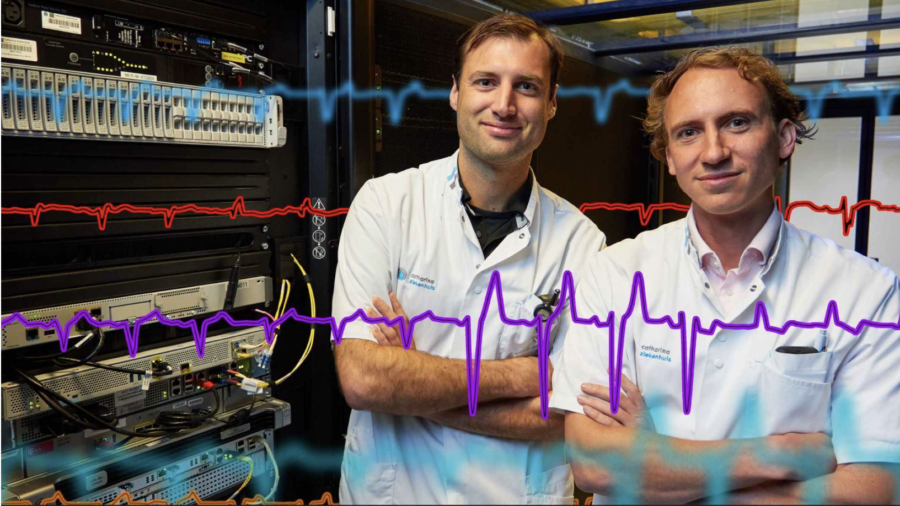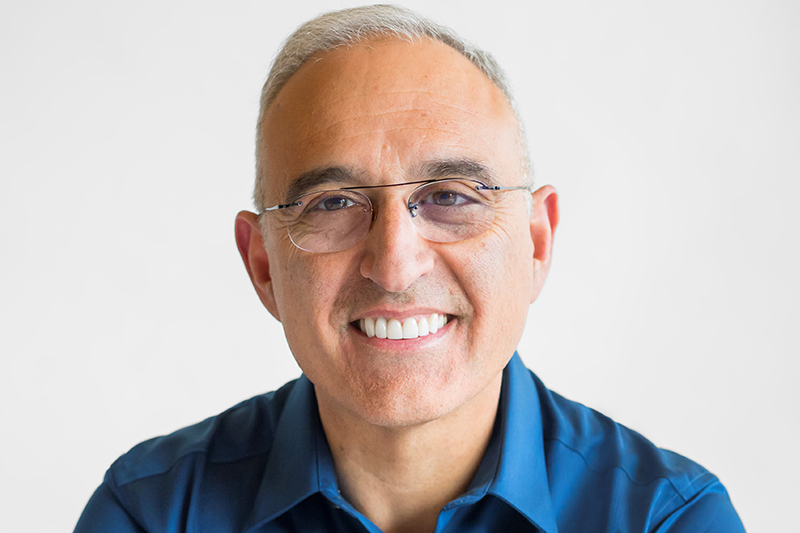Catharina Hospital has selected the HPE Ezmeral software portfolio to build a cloud-native analytics and data lakehouse, which will enable the hospital to provide more accurate diagnosis, early detection and injury prevention for its patients.
Catharina Hospital is the largest hospital in the Netherlands’ Eindhoven region, providing care for over 150,000 patients. Like many other healthcare institutions, it has faced tremendous pressure caring for patients throughout COVID-19 and has focused specifically on making better use of its existing data to gain insights that can improve patient care and drive better health outcomes.
To accomplish this, the hospital looked to HPE Ezmeral ML Ops and HPE Ezmeral Unified Analytics to create a single, central data lakehouse to securely collect and analyze anonymized patient data from disparate sources across or outside of the hospital and accelerate model training.
Clemens Esser, chief technologist at HPE, said: “HPE has been working with the hospital for a number of years to deliver technology solutions, and we are pleased with the smooth implementation of HPE Ezmeral to unite its disparate data sources into a single data lakehouse. With this single, standardized data platform, the AI and data science teams within the hospital will be able to truly harness the value of their data and have a direct impact on improving patient care. The partnership is a common use case scenario for medical institutions across the world and illustrates the strength of data innovations in the medical field.”
Every year, approximately 40,000 patients are diagnosed with heart failure in the Netherlands, but heart disease can develop without any noticeable symptoms. Cardiologists hope that artificial intelligence can significantly contribute to the management of heart disease and provide better treatment for patients.
Dr Thomas Mast, from the Catharina Hospital’s cardiology department, said: “The new data lakehouse will enable us to help accelerate model training and detect cardiogram anomalies among the 500,000 electrocardiograms (ECGs) already available for data analysis with higher precision, and to identify the correct diagnosis and treatment. The development of these algorithms based on artificial intelligence may deliver more accurate diagnoses and move toward a more preventative approach to patient care. This may also relieve some of the pressures on our healthcare system and ensures patient data remains in the hospital and is not moved to the public cloud.”




